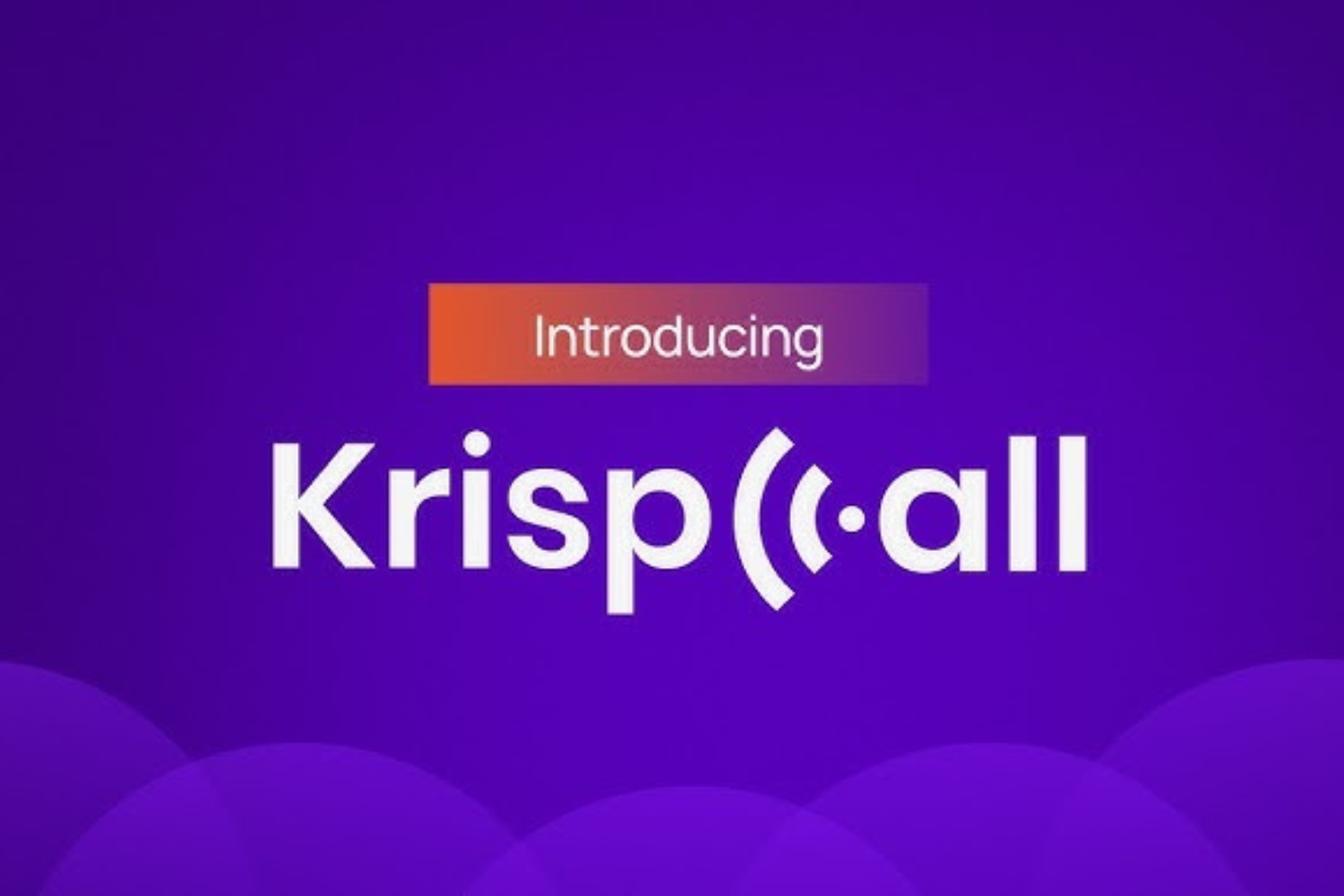Are you tired of repeatedly using the exact old uncommon words (Add To Your English Lexicon) in your daily conversation? Do you look for a fresh perspective on the English language? Look no further than the world of uncommon word endings and beginnings. By all means, any word that has appeared in a recognized general English dictionary published in the 20th century or later is a candidate.
Some archaic, non-standard, and proper names are also included for interest. Remember, most writers avoid using uncommon words to avoid confusing readers. However, unfamiliar words make pieces unique and exciting. With that in mind, in the ever-changing world of language, we rely on words to express our thoughts, feelings, and ideas precisely. The English language is rich in word terms.
We often get so used to repeatedly using the exact words that we forget their true beauty in our conversations. Equally important, we often forget the complex patterns that make some uncommon words unique. Notwithstanding, the longest words spelled solely with the left hand when typing correctly using a QWERTY Keyboard may be the 14-letter aftercataracts (secondary eye cataracts).
The longest common words have the 12 letters desegregated, reverberated, desegregates, reverberates, and stewardesses. Be that as it may, stick around this post to look at the unexplored world of language and discover words that shine like hidden treasures in the literary world. This resource guideline will familiarize you with unusual terms and how to incorporate them into sentences.
The Hidden Gems When Using Uncommon Words In The Beginnings And Endings
To enumerate, Uncommon English Words are those rarely seen or used in written and verbal communication. Technically, most uncommon words have a definitive meaning. However, many still prefer a term that is easier to spell, pronounce, and understand. Sometimes, utilizing foreign-origin words can be problematic. Of course, the entire history of English involves influence and loanwords.
The uncommon English words influence and loanwords are often applied from other languages, and this process continues today (see Foreign language influences in English). However, a grey area exists between foreign words and words accepted as English. Everyone would assume words like the formerly foreign ballet (French), ketchup (Malay), and safari (Swahili) are now English phrases.
The status of words such as zeitgeist, Weltanschauung, and schadenfreude is less clear-cut. The Oxford English Dictionary calls such words “resident aliens”. Generally, a word of foreign origin is legitimate here if it may be encountered in an English text without translation. Commonly, terms in which no letter is used more than once are called isograms (though their uses are jargon-restricted).
More specifically, the restriction points to those who enjoy recreational linguistics and is not commonly found in dictionaries. With fifteen letters, uncopyrightable is the longest common isogram in English. Some also allow uncopyrightables, while dermatoglyphics shares the distinction but is uncommon. Let’s discover a few wonders and hidden gems with a few sample words for more ideas!
Some Rarest Uncommon Words In The Beginnings That You Should Consider Utilizing
As a rule of thumb, words beginning with a double letter are generally scarce. The most common combination is probably oo- (oodles, oolong, oomph, oops, ooze, and several less familiar examples, primarily technical words incorporating the prefix oo-, meaning “egg”), followed by aa- (everyday examples being aardvark and Aaron), and ee- (eel, eerie, eek, eesome (attractive)).
Otherwise, such common beginning word combinations are unlikely to be considered part of the English vocabulary and are almost entirely of foreign origin. Some examples are Ccoya (Inca queen), ʻiʻiwi (a Hawaiian bird), llama, llano (a grassy plain), and llanero (someone who lives on a llano). However, numerous Welsh placenames are word beginnings Ll- (e.g., Llandudno, Llanberis).
Plus, the familiar personal names Lloyd and Llewel(l)yn — and a smaller number beginning Ff- (e.g., Ffestiniog, Ffrith). Many Japanese names begin with Ii- when transliterated into the Roman alphabet. The words euouae, Aeaea, and euoi, mentioned earlier under “Many vowels,” start with six, five, and four vowels, respectively. Equally important, very few words begin with four vowels.
Some proper name examples:
- El Aaiún (a city in Western Sahara)
- Aeaetes (a character in Greek mythology)
- ʻAiea (a town in Hawaiʻi)
- Aouad (personal name)
- Aouita (unique name)
- Euaechme (a character in Greek mythology)
- Ueueteotl (an Aztec god)
Similarly, the list of words starting with three vowels is rather longer, but most are obscure. Some of the more familiar examples are aeolian (relating to the wind), aeon (an age), aoudad (a sheep-like animal of northern Africa), eau (French for “water,” encountered in English in compounds such as eau de Cologne), Iain (personal name), oeuvre (an artist’s body of work), etc.
As well as Ouagadougou (capital of the African country Burkina Faso) and Ouija (a board used as a medium to reveal spirit messages). Aeolian and aeon are British English spellings. Still, there are similarly few English words beginning with many consonants. Tsktsks appears in the Collins Dictionary. Also, cwrth and cwtch (of Welsh origin) are five consonants, although the “w” functions as a vowel.
There is also a surname Schkrohowsky of Russian origin, and The Oxford Companion to Music lists Schtscherbatchew as an alternative spelling (which is a transliteration into the German language) of the surname of Russian composer Vladimir Shcherbachev. There are a reasonable number of words beginning with four consonants. Let’s consider some of the commonest beginnings.
Read Also: Transition Words & Phrases | Their Web Copywriting Role
They include phth- (phthalein, phthisis, Phthirus) and sch- (mostly words of German/Yiddish origin such as schlep, schmaltz, schnapps). Other examples are Chthonic, Pschent, Sphragide, and Tshwala. A partial list of words with different unusual initial letter combinations follows. Unsurprisingly, many are of foreign origin. Some of these words with other unique initial letters are as follows.
Some of them are Bdellium, bwana, cnemis, ctenoid (comb-like), czar, dghaisa (a Maltese rowing boat), dvandva, dziggetai (a Mongolian wild ass), fjord, Gbari (an African language), gmelina, jnana, kgotla (in southern Africa, a meeting place), Kshatriya, kvetch, mbaqanga, mho, mnemonic, mridanga, Mwera (an African language), mzungu (in East Africa, a white person), Ndebele, ngaio, oquassa (a trout), etc.
As well as pfennig, pneumonia, ptarmigan, pzazz (glamour), qawwali, qintar, qoph, sforzando, sfumato, sjambok, svelte, tmesis, tsunami, tzar, vlei (a seasonally flooded area in South Africa), vroom (a revving sound), Xhosa, xiphoid, xoanan (a carved wooden icon), Yggdrasil, ylem, ynambu (a South American bird), yttrium, zloty, zwitterion. Below are a few other word beginnings.
Words starting with so
A few words that start with so are as follows:
- Sober
- Socks
- Soggy
- Soils
- Soaps
Words that start with de
A few words that start with de are as follows:
- Debone
- Depot
- Deed
- Deer
- Denar
Words starting with ma
There are a few of the words starting with ma, such as follows:
- Macon
- Macho
- Madam
- Marcos
- Macro
Words starting with kal
Below are a few of the words starting with kal:
- Kaleyard
- Kalifate
- Kallidin
- Kalimbas
- Kalewife
Words starting with hal
Here are a few of the words starting with hal:
- Halcyon
- Halfway
- Hallway
- Halting
- Halogen
That’s it for the unusual word beginnings. Next, we shall consider some of the rarest word endings in our daily conversations. They all pair nicely with the list of mood words for literature used in writing and discussions. You may utilize them at your level best.
Some Rarest Uncommon Words In The Endings That You Should Consider Utilizing
Markedly, Dreamt and its derivatives are the only English words ending in mt. None in American English prefer Dreamed (some Americans, particularly teachers, still insist on Dreamt). Derivatives include undreamt (typically used only in the phrase “undreamt of“), daydreamt, and the rarer outdreamt and redreamt. Other –mt words have the Scots word fremt (usually fremd or fremmit).
The meaning is “foreign” or “estranged” and familiar but of foreign origin, Klimt, the Austrian painter. Despite the assertions of a well-known puzzle, modern English does not have three common words ending in –gry. Angry and hungry are the only ones. There are, however, several rare and obsolete words; For example, –mt and –gry are possibly the best-known word endings.
However, many others are still exhibited by only one or two everyday words. Some examples, excluding derivative terms, are –ln (kiln, Lincoln), –bt (doubt, debt), -igy (effigy, prodigy), –nen (linen), and cay (decay, Biscay). There are very few common English words ending in –u. Still, other notable examples include some uncommon words assimilated from other languages.
Read Also: Learning Content Writing Benefits Plus Steps To Beef Up Skills
They include but are not limited to the following: adieu, beau, bureau, caribou, emu, flu, gnu, guru, impromptu, menu, milieu, ormolu, plateau, portmanteau, thou, tofu, tutu, and, of course, you. All these words, except emu, flu, gnu, guru, thou, tofu, and you, are derived from French. In addition, there are the Greek letters mu, nu, and tau, and the proper nouns Urdu, Hindu, and Katmandu.
There are similarly few words ending in –v. Examples found in English dictionaries, including some terms of foreign origin, are chav, leitmotiv, lev, shiv, Slav, Yugoslav, spiv and tav. Abbreviations and acronyms that have, to a greater or lesser extent, attained the status of words include derv (diesel fuel). Or guv (the British informal term for respectful address from the governor).
As well as lav (lavatory), luv (love), perv (pervert), rev (as of an engine, from the revolution), sov (British, old-fashioned, for sovereign, the coin). Conversely, numerous places and personal names of origin, predominantly Russian or Eastern European, are worth noting. In this case, some of these uncommon words include Kyiv, Chekhov, Molotov, and Prokofiev. Below are a few other word endings.
Words ending in ai
- Samurai
- Chai
- Shanghai
- Quai
- Assai
Words ending in qi
There are also words ending in qi in this case, such as follows:
- UIQI
- CIAQI
- CQI
- Sadiqi
- Huangqi
Five letter Words that end in the end
- Blend
- Amend
- Trend
- Spend
- Fiend
Words that end in sl
- Colasl
- Comsl
- Wqsl
- Ahamsl
- Readsl
Five letter words ending in es
There are also five letter words ending in es to consider, such as follows:
- Acres
- Aides
- Ashes
- Aries
- Aches
That’s it! There are a few uncommon words in the endings to note. Immerse yourself in exploring rare word prefixes and suffixes on this captivating linguistic adventure. However, there are still a few drawbacks that you must try to address.
Some Key Challenges When Using Uncommon Words In Daily Conversations
Conversely, there are a few notable challenges when using uncommon word endings and beginnings in daily conversations. One thing is sure: Adding some of the above-mentioned uncommon words daily is exciting but has several challenges. For instance, using rare words can make you seem elite. People may think you show off your vocabulary instead of engaging in everyday conversations.
What about mispronunciation? Usually, some uncommon words can be mispronounced. People often do not know how to pronounce uncommon words, so mispronouncing them can hurt your message and make you seem less credible. In addition, there is also a lack of clarity in communication. First, you must ensure your target audience clearly understands your use of uncommon words.
Read Also: How Freelance Writing Works | Get Paid To Publish Content!
Otherwise, it can be confusing and lead to misunderstandings if they do not. Secondly, using uncommon words without context can confuse listeners, so it is important to frame them in a way that conveys their meaning. In group conversations, uncommon words can create a social dynamic where some participants feel inferior. Overcomplicating your speech can lead to more complications.
Such as fostering less effective communication. Including uncommon words in your daily conversation takes much time and effort. It takes time to learn them, remember them, and use them correctly. Sometimes, uncommon words are not worth the effort and time it takes to include them, primarily if they are rarely used. Next, you must also use pairs and groups of words effectively.
1. Homophones
Ewe and You are two words with identical pronunciations that have no letters in common. Another example is the pair of Eye and I. However, such word pairs often depend on the speaker’s accent. For instance, Canadians might believe that a and eh form such a pair, whereas other American English speakers might not.
2. Homographs
To enumerate, these are words with identical spellings but different meanings. A famous example is the town of Reading (pronounced to rhyme with threading) vs. the gerund reading, as in reading a book (pronounced to rhyme with feeding). At one time, the bookseller Blackwell’s had a branch in Reading, signed “Blackwells Reading Book Shop,” in which either pronunciation made sense.
3. Antonyms
A few English words have such disparate definitions that one meaning is the opposite of another. These are called “self-antonyms,” “auto-antonyms,” or “contronyms.” Examples include cleave or clip (joining things together or taking them apart), fast (move quickly or fix in one spot), enjoin (to cause something to be done, to forbid something from being done), and inflammable (able to be burned or fire-proof). In sporadic cases, two English words are pronounced the same but have opposite meanings (raze and raise)
4. Unrhymable
In the most common form of rhyme, words rhyme if they end in identically or nearly identically sounding syllables and match in stress. If a phrase term has an unusual or unique ending syllable and no other word has a stress pattern to match, it does not rhyme. While many polysyllabic words have no rhyme, such as “purple,” only a handful of single-syllable words fit this description. Excluding disputed loan words, whose foreign sounds make them difficult. Some unrhymable English words include beige (some may rhyme with “page.” But regional pronunciations may change this), depth, kiln, month, pint, wasp, and wolf. Many of these words’ plurals are also unrhymable. Although it has two syllables, orange is arguably the most famous word for being unrhymable.
5. Sequences
The nine-word sequence I, in, sin, sing, sting, string, starting, or starling. Startling can be formed by successively adding one letter to the previous word. Several other sequences use only common words and numerous shorter lines, such as the seven-word a, at, rat, rate, irate, pirate, and pirates. If proper names and rare or obsolete words are allowed, at least 11-word sequences are possible. One example is a, ma (mother), mac (raincoat, British), mace (spice), macle (mineral), macule (skin spot), maculae (plural of macula, variant of macule), maculate (blotchy), masculate (to make substantial, obsolete), emasculate, and emasculated.
In Conclusion;
It’s important to realize that antidisestablishmentarianism, listed in the Oxford English Dictionary, was considered the longest English word for quite a long time. Still, today, the medical term pneumonoultramicroscopicsilicovolcanoconiosis is usually considered to have the title, even though it was coined to answer the question, ‘What is the longest English word as of today?’
Markedly, in the magical world of language, we have explored the world of Uncommon Words in the beginnings and endings of terms. Plus, we have discovered the hidden gems that ignite linguistic curiosity. Clarity and connection remain the most important things in communication. So, as you continue to expand your vocabulary, you should use these uncommon words carefully in context.
Learn More: An English Words List With Uncommon Properties
Still, subdermatoglyphic is two letters longer but even more obscure — it has only one report of alleged live use (an article in Annals of Dermatology) and supposedly means “of or about the patterns on the lower skin layers.” Words like blepharoconjunctivitis and pneumoventriculography (and several others) have 16 26 alphabetical letters. See, these uncommon words are crucial.
So what are you waiting for? Embrace the beauty of linguistic diversity and use it to enrich your conversations and understand the world around you. Moving forward, if you feel there is something else we can add to this guide, please let us know in our comments section. You can also Consult Us for more help or even Donate to support our work and to motivate our team for their efforts.




